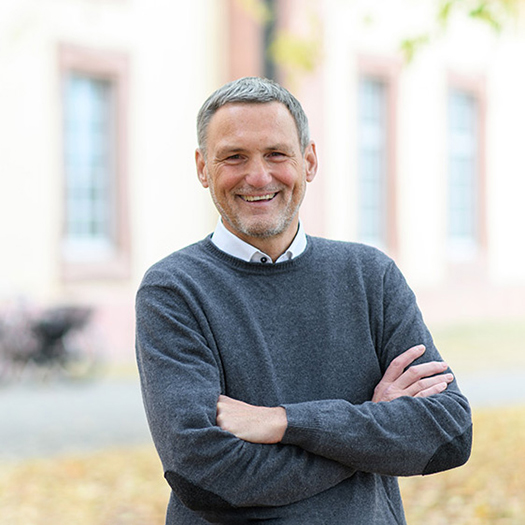Education and Social Progress in Germany
Education and Social Progress in Germany
The project investigated the relationship between education and social progress in Germany in cooperation with the Central Institute for Mental Health, Mannheim and the OECD, Paris. Data from the Mannheim Study of Children at Risk and the German Socio-Economic Panel (SOEP) including the mother-child pilotstudy have been utilized. Form a theoretical point of view, the dimensions contexts, skills and social progress have been distinguished. Contexts refer to the socio-economic environment and the parent-child interaction from birth on. Skills have been measured by the IQ, personality traits like patience and persistence and activity as well as the locus of control, among others. Domains of social progress included health, family cohesion, well-being and societal engagement among aothers. The relationships between contexts and skills on the one hand, and between skills and social process on the other hand were investigated using econometric methods such as factor and regression analysis. The project has been a part of the OECD-study “Education and social progress”.

